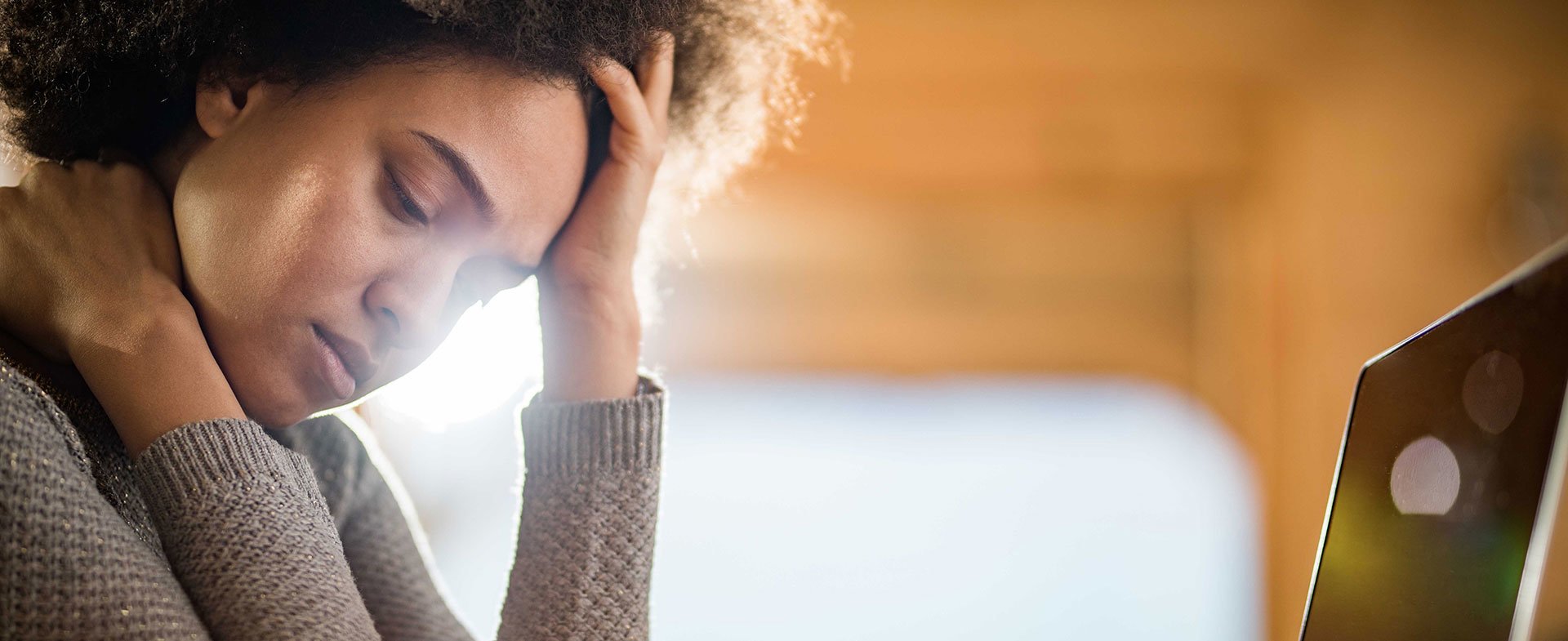
Haven’t we all heard ourselves or someone around us say, “I’m too depressed!” “I can’t stop feeling low.” “My life is too depressing.” and other such statements? Sometimes we mean it, sometimes we don’t. But many of us has felt depressed at some or the other time in our lives. That doesn’t necessarily mean that we have clinical depression, and it is important to go to a professional and seek help to get a proper assessment and treatment. Depression, in the long run can be extremely damaging to one’s mind and body and if left untreated can lead to other Comorbid mental health issues. In this article, we aim to discuss the reality of depression and how it manifests for different people.
• Understanding Signs of Depression
In the diagnostic criteria given by the World Health Organization (WHO), there is a difference between a Depressive episode and a Recurrent depressive disorder. There are main or primary symptoms which are usually present in different manifestations of depression which are: depressed mood, loss of interest or enjoyment and reduced energy. Apart from these three, the other secondary signs mentioned below may vary from person to person and according to the intensity of the issue. A depressive episode usually is a minimum of two weeks and a depressive disorder is multiple episodes over a period of time. The intensity, duration and frequency of the signs decides whether the person has had an episode or is suffering from a disorder. Both, an episode or a disorder are divided into mild, moderate or severe category based on the number of the symptoms that are seen.
• Primary signs
These are present in almost all cases and are seen as primary signs of depression.
Let’s discuss the three main signs briefly:
Depressed mood:
This is the easiest sign to identify in oneself. Depressed mood is characterized by low or sad feelings and negative thoughts. These negative thoughts can be directed towards the self, others or the world in general. Depressed mood is different than a temporary feeling of sadness. A feeling is transitory but a mood is more of a state and lasts for a longer time.
Loss of interest or enjoyment:
The individual starts to lose interest in previously pleasurable activities or hobbies. Even if they do push themselves to do those activities, the enjoyment from those activities is reduced or non existent. Thus, the person stops or decreases engaging in activities and loses motivation to maintain interests.
Reduced energy:
The individual starts to feel increasingly fatigued and feels like more effort and energy is taken to do simple tasks. From going to work, to showering, to social activities, everything feels like a burden as there is very little energy to expend on these things.
• Secondary Signs
These are not always present and their manifestations may vary from person to person. As we move on from mild to moderate to severe, the more the number of signs are seen.
(a)reduced concentration and attention;
(b)reduced self-esteem and self-confidence;
(c)ideas of guilt and unworthiness (even in a mild type of episode);
(d)bleak and pessimistic views of the future;
(e)ideas or acts of self-harm or suicide;
(f)disturbed sleep
(g)diminished appetite
Depression (episode or disorder) is also found to be co-occuring with many other issues such as anxiety, OCD, and more and more commonly drug or alcohol addiction. Addiction fuels the depression and the depression in turn makes the addiction worse. As of today, Depression is one of the most common mental health issues, goes u diagnosed and untreated many times and is the number one issue behind suicides.
• Treatment for Depression
Depression is mainly an issue related to emotions and thoughts, which in turn impacts behavior. But the problems in emotion, cognition and behavior are not sequential or occurring one after the other, but pretty much simultaneously. Though for many people behavioral issues surface later and the manifestations are very unique to each individual. Working on depression requires us to work on all three areas, one by one or simultaneously, namely, cognition, emotion and behavior. Treatment for depression involves pharmacological as well as psychological interventions. For mild cases, psychological interventions may be sufficient whereas for severe cases medical assistance is needed. A psychiatrist is required for pharmacological treatment and a psychologist or rather a clinical psychologist is required for therapy. Therapies usually revolve around improving behavior in terms of routine, exercise, sleep, self care, socialising and so on; working on processing negative emotions and letting o of them without suppression; and lastly on cognition by challenging and modifying negative thought patterns. Cognitive behavioral therapy, Dialectical behavior therapy, Rational Emotive Behavior therapy, Mindfulness training are the usual therapies used for treating depression. At ZorbaWellness Rehabilitation Center located in Pune, India ; we offer treatment for Depression, Addiction and even dual diagnosis wherein a person is suffering from multiple issues at the same time. Drug Addiction and Alcohol Addiction in India usually is co-occurring with Depressive episodes. Our team of professionals works with an eclectic approach which combines various therapies, customizing treatment for the client’s unique and individual needs and goals. Rehabilitation in India is slowly progressing towards holistic mental health treatment, targeting mental health issues at all fronts in an individual’s life.
